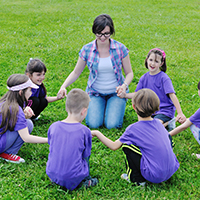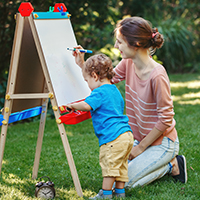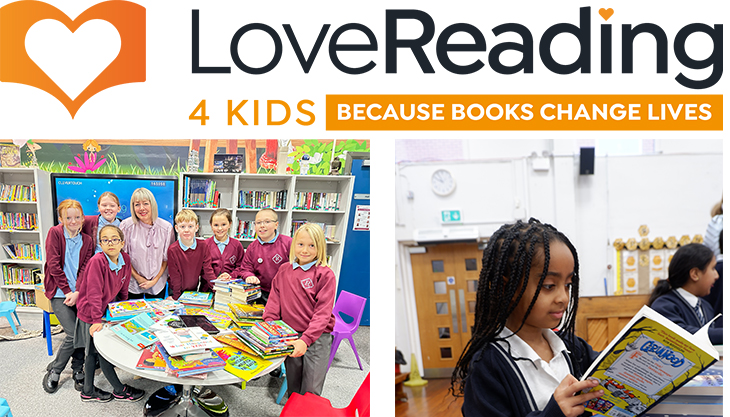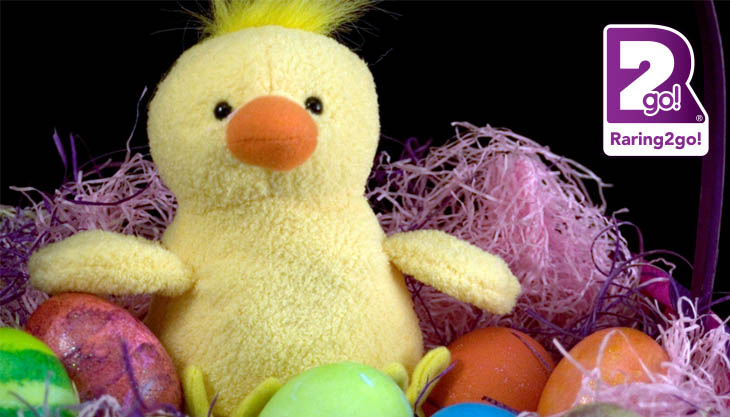5 Fun Ways to Improve Your Kids Language Learning

More parents are supporting their kids to learn a language from a young age. Speaking multiple languages can be very beneficial for the kids’ future and the sooner they start the better. While learning a language is great for them, the problem is that they sometimes find the process boring. It is hard to explain to your little one how useful this will be in the future and it’s even harder to get them interested if they aren’t. So, what to do?
The solution is simple — add some fun to it. Whether the kid is reluctant to learn or you just want to make language learning more entertaining, including fun activities is the best choice. Show the kids that learning doesn’t have to be a tedious process. These few ways will give you an idea of what type of activities you can include in the language learning process.
1. Playing Games

Is there anything that kids love more than playtime? Make playing a part of learning a language, and they’ll perception of learning will change.
Try playing the usual games such as hide-and-seek or the hangman in the foreign language. You can also turn your usual special games into a game in a foreign language.
Some examples of fun language learning games are:
- Word association
- Simon says
- Name the word (pick a category and the first letter, e.g. food and letter P)
- Pass the ball
If the kid is learning how to read in a foreign language, you can even do some role-playing. Take their book and play out the scene while reading the dialogue. Make it even more entertaining by pretending that you are shooting a film. The kids can even do this with their friends.
2. Reading Bedtime Stories
The parents, big brothers and sisters, and aunties and uncles need to put some effort in as well for this activity. Whoever is putting the kid to sleep will engage in some language learning. Don’t worry, it’s just the basics.
Reading bedtime stories in a foreign language can help the kids absorb the vocabulary in an entertaining way. Language learning books for young kids are simple and include lots of pictures.
Since the books usually consist of illustrations with some vocabulary words, anyone can read it. Reading bedtime stories in a foreign language is the perfect bonding experience that can result in improved foreign language skills.
3. Listening to the Radio
Exposing children to a new language will help them to naturally absorb it. That’s what’s great about kids. Their brain is like a sponge and that is why learning a language at a young age is recommended.
The kids don’t have to be actively learning a language to remember something. As the British Council explains, “By exposing children to other languages at an early age, you are giving them the opportunity to tap into their natural ability to hear and distinguish the sounds of other languages, and their capacity to make sense of what they are hearing.”
That is why playing songs in a foreign language can be beneficial to the language learning process. There are lots of kids’ radios that can be streamed online in any language. Play the radio when the kids are playing, bathing, or eating. Just leaving it in the background will do the trick.

4. Watching Videos and Cartoons
YouTube has blessed us with an endless source of fun and useful videos. Helping the kids to improve their language learning abilities is the perfect time for turning to YouTube.
Instead of playing cartoons in English, find cartoons in a foreign language. Go to YouTube and type in cartoons in French/ Spanish/ Italian. It doesn’t matter how young the child is or how much they understand. Watching the moving images along with the foreign language speaking will help them to adopt new vocabulary.
The videos will also help the kids with their pronunciation. By watching the videos they will develop a natural accent in the foreign language.
5. Arts and Crafts
The artistic kids will especially be fond of these types of activities. Get crafty but with a little twist — the kid has to speak in the foreign language. Tell your child that you will teach them how to make something but you’ll have to communicate in a foreign language.
If you don’t understand the foreign language at all, ask them to say the sentence in the foreign language and to repeat them in English. To make it even more fun, add a background story. For example, tell them that you are in Paris and you’re making something to sell in your store. This will give them some encouragement to agree with speaking in a foreign language.

The kids can enjoy the painting, glue-ing, sticking, cutting, or baking and practice the language along the way.
With these fun activities, kids can develop a positive attitude towards language learning. Instead of repetitive assignments, they can improve their language skills in an entertaining and interactive way.
Author: Elisa Abbott



